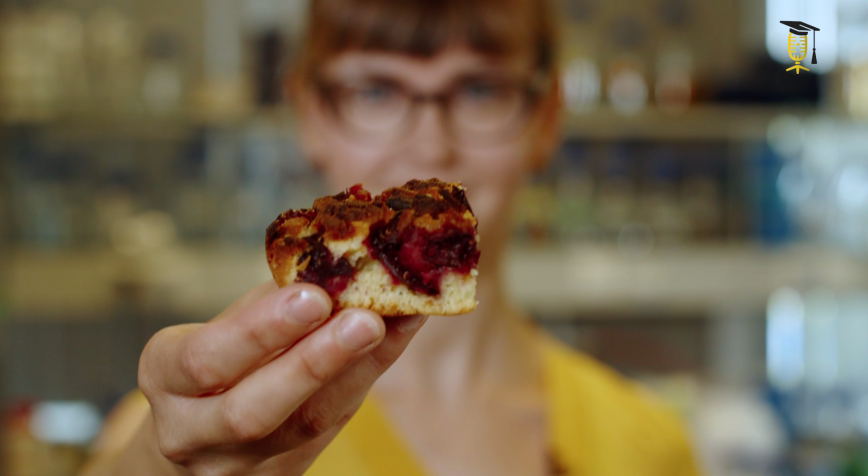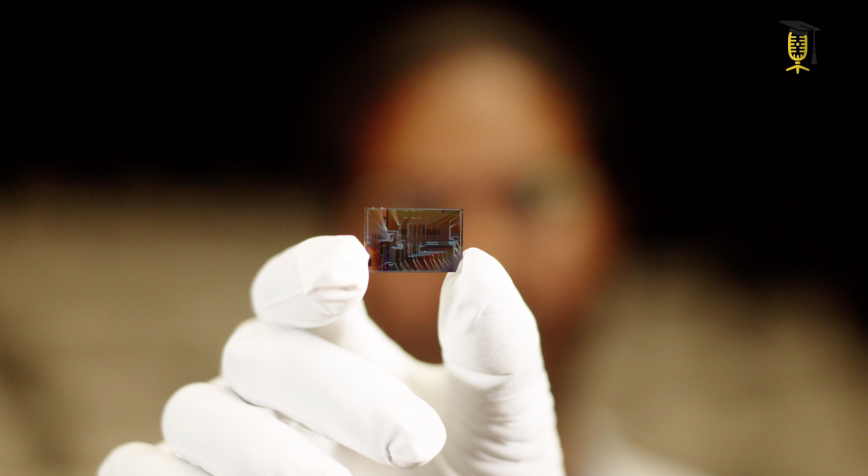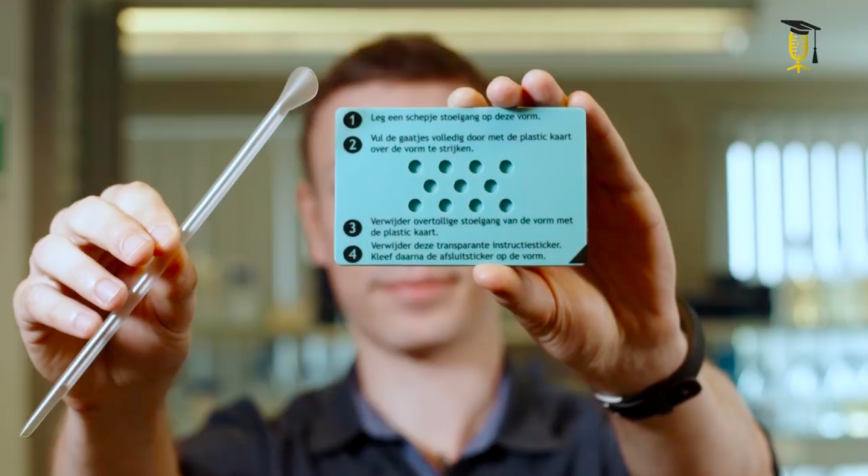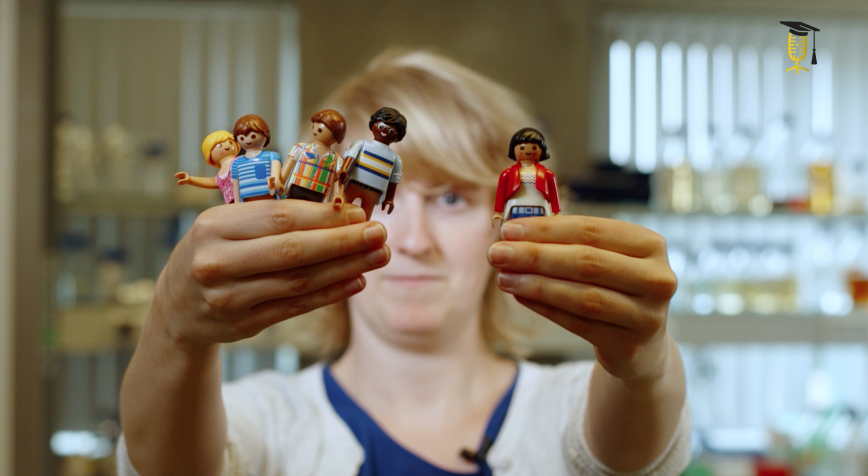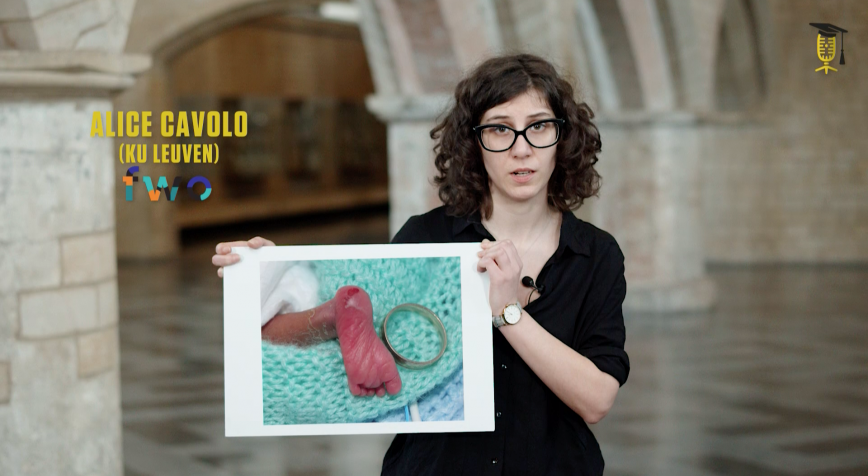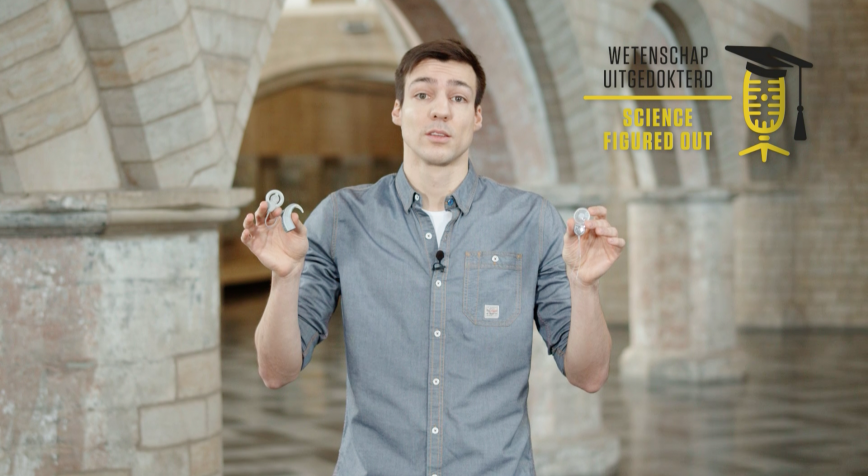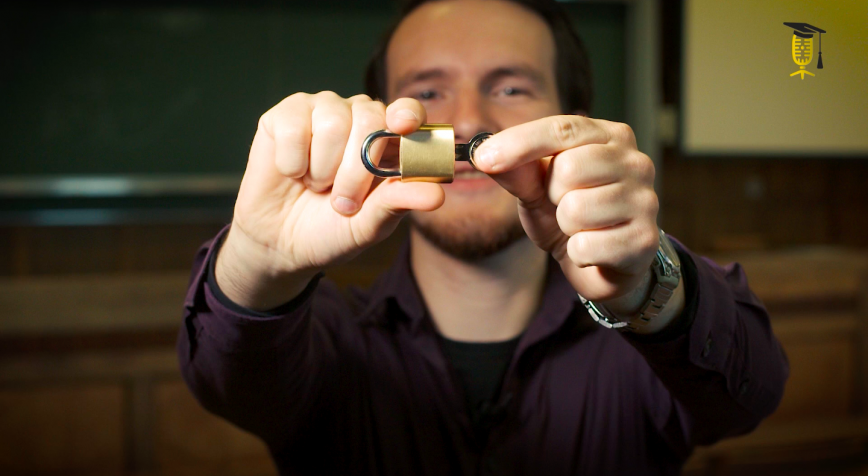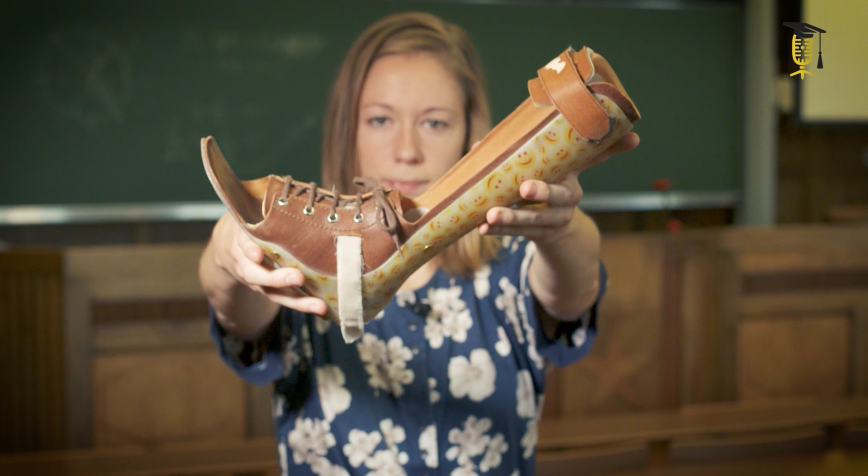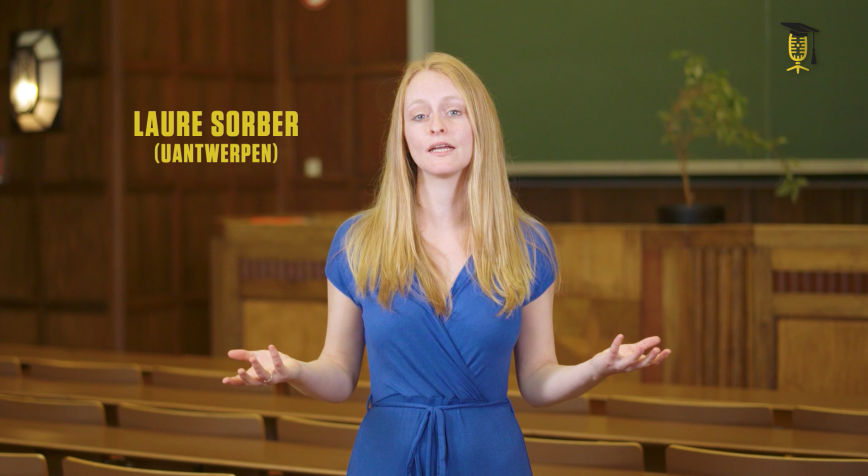
UAntwerpen
Blood as a messenger in the fight against cancer
A cancer patient's blood contains valuable information about the cancer tumor, which can help determine the best treatment. However, in order to extract that information properly from the blood in the laboratory, the blood samples need to be treated carefully. Laure Sorber developed a manual for this.

